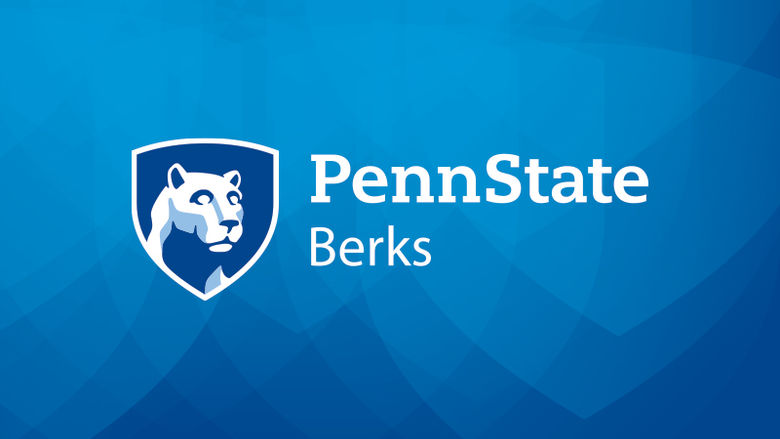
Azar Eslam Panah was recently awarded a National Science Foundation grant toward the purchase of a Tomographic Particle Image Velocimetry System.
READING, Pa. — Azar Eslam Panah, assistant professor of mechanical engineering at Penn State Berks, was recently awarded a National Science Foundation grant in the amount of $289,785 toward the purchase of a Tomographic Particle Image Velocimetry (Tomo PIV) System for Multi-Disciplinary Research.
This major research instrumentation project supports ongoing research and education in fluid dynamics at Penn State Berks. The project will enable new cross-disciplinary collaborations among 15 researchers across Penn State campuses and with fluid dynamics researchers at other institutions. The grant runs from Sept. 15, 2017, to Aug. 31, 2020.
The Tomo PIV provides an optical method of flow visualization and measures instantaneous three-dimensional (3D), three-component (3C) flow velocity. The instrumentation provides unprecedented access to the details of the physics of turbulent flows, enabling fundamental research with a significant impact on the engineering, biology, mathematics, physics and medical communities. The instrumentation will be incorporated into undergraduate courses, and student researchers will gain an understanding of experimental design, setup, data acquisition, and analysis using the high-tech Tomo PIV system.
The grant will provide Penn State Berks with the only Tomo PIV in the Penn State system. Eslam Panah is the principal investigator on this grant and Keefe Manning, professor of biomedical engineering at Penn State's University Park campus, is the co-principal investigator. Eslam Panah also developed and opened a fluid discovery lab at Penn State Berks in March 2017, the only open-access water channel dedicated to the study of fluid dynamics in the Penn State system.
This Tomo PIV system enables fundamental research in a variety of application areas. For example, one study will examine the highly 3D nature of coherent structures in transitioning and turbulent boundary layers over oscillating geometries, with direct applications to flapping flight. The 3D Tomo PIV system will enable researchers to measure the complex velocity fields so that they can completely characterize the 3D behavior of vortex structures on flapping wings.
Another project will conduct fundamental research to enable the development of cardiovascular devices with reduced risk of blood cell damage and clot formation. The Tomo PIV will enable researchers to better understand 3D cardiovascular structures and the influence of turbulence on cellular components and the formation of clots on surfaces. By capturing instantaneous complex flow structures, the instrumentation will enable the researchers to develop enhanced computational models to validate cardiovascular device design through improved understanding of the 3D velocity fields and shear stresses.
In addition to its research applications, the grant recipients will provide tools for K-12 education and outreach activities, with the goal of increasing public awareness in science and engineering and inspiring students to pursue advanced degrees or careers in STEM majors.
For additional information, contact Eslam Panah at 610-396-6181 or AUE10@psu.edu.




